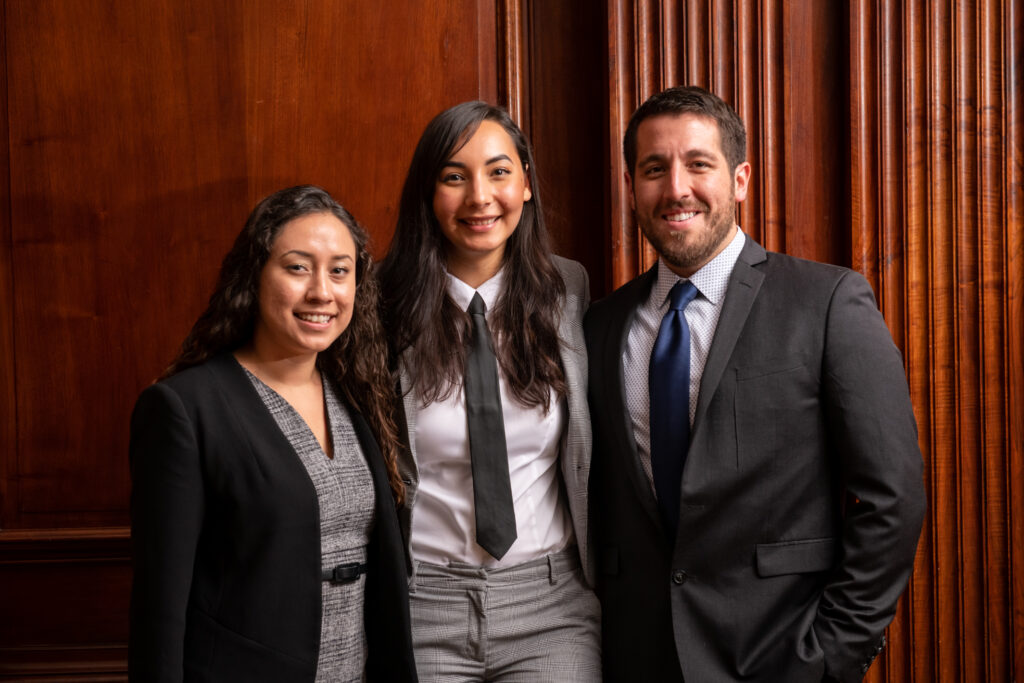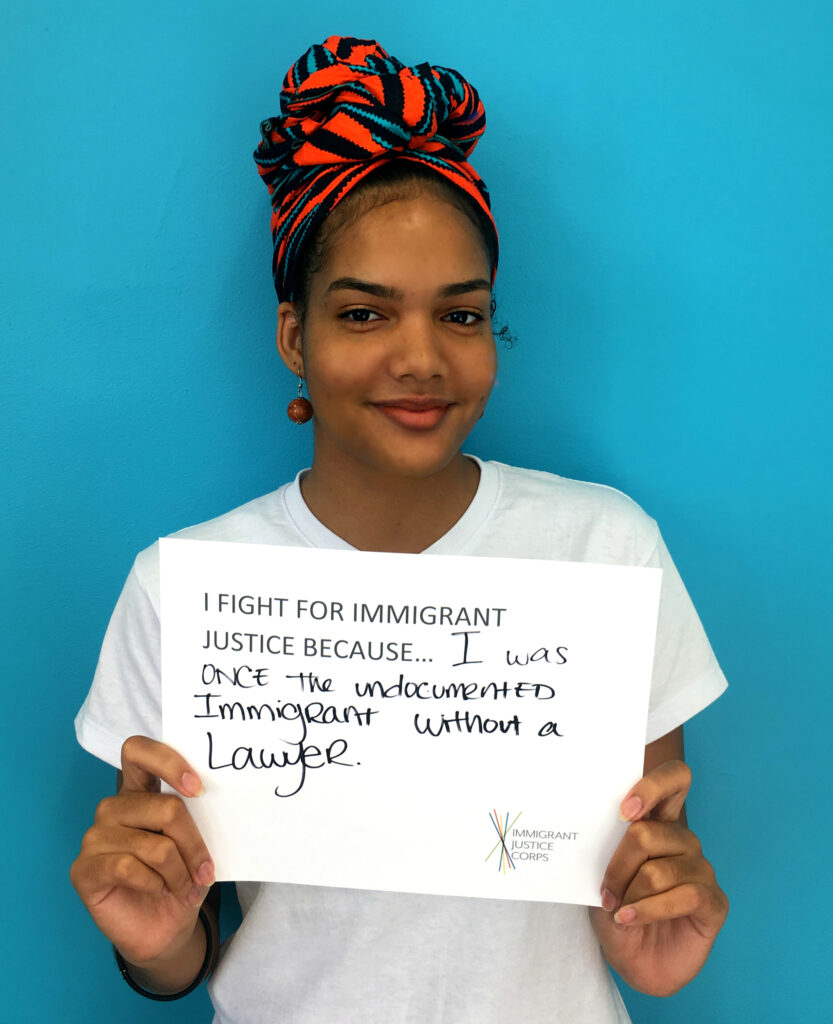
FAQs: Justice Fellowships
Application timeline for September 2025 recruitment
- July – October 2024 – Application portal opens on Monday, July 15th and closes on Sunday, October 20th at 11:59PM EST.
- October – November 2024 – A diverse selection committee of stakeholders gathers to review all Justice Fellow applications. IJC staff reviews applications recommended by the selection committee and schedules interviews with prospective Fellows.
- November – December 2024 – Interviews are scheduled; Finalists and those placed on the waitlist are notified; Finalists engage in “pre-matching” with potential host organizations.
- January – February 2025 – Matches are completed and offers are extended to the new class of Justice Fellows matched with their host organizations.
- September 2025 – New class of Justice Fellows starts.
Where will I be placed as a 2025 Justice Fellow?
Fellowship opportunities will be available in multiple states throughout the United States. We will have additional details concerning placement options later in the fall. If you have questions about an opportunity in a specific geography, please reach out to [email protected].
If I applied last year to join the Fall 2024 cohort of Justice Fellows and I was unsuccessful, can I apply again?
If you graduated law school no earlier than Spring 2023, then you are eligible and welcome to reapply.
What support will I receive as an IJC Fellow?
You will receive training, legal skills development, community building, and other resources that all IJC Justice Fellows receive during their fellowship. You will also receive mentorship and training from your host organization.
Do I need to speak a language other than English?
Many of our current Justice Fellows speak a language other than English, though this is not a requirement to apply for a fellowship.
What does the application consist of?
Applicants must submit an application form, resume, unofficial law school transcript, two letters of recommendation, statement of interest, and an essay response. Applications are reviewed by a selection committee and IJC staff.
Do all Justice Fellows have to take a specific state bar exam?
It depends on the host organization placement. All host organizations working with immigrant children file Special Immigrant Juvenile Status (“SIJS”) petitions for their clients. These petitions require appearances in State Family Court to obtain a Special Findings Order making the child eligible for SIJS. Justice Fellows working on unaccompanied migrant children’s cases must be admitted to the bar of that state. However, if you work for an organization that only works on non-SIJS cases, it may be possible for you to take the bar exam of a different state.
Will Immigrant Justice Corps sponsor me for a green card or skilled worker visa?
No. All Fellows must be eligible for work authorization in the U.S. for the two years of the Fellowship. Your host organization will be required to verify your identity and eligibility to work in the United States as required by applicable law.
If chosen, may I defer?
No. Fellows who are selected must be ready to start the program in September of their acceptance year.
Do I need to submit an official transcript?
No. Please submit a PDF of a school-issued transcript.
Can my resume be more than one page?
Yes, though please limit yourself to two pages.
Do I have to finish my application before my recommenders can submit their letters?
No. Your recommenders can upload their letters as soon as you enter their information into the recommendation application step. They will also maintain access to upload their recommendations after you have submitted your application and other required materials. However, your application cannot be reviewed until your recommenders have submitted their letters. We therefore recommend that you give them ample time and sporadic reminders to complete their recommendations. If your recommender has any difficulty uploading their letter, they can reach out directly to [email protected] for assistance.
May LLMs apply for the Justice Fellowship?
Yes, LLM graduates may apply if they have sat/will sit for the Bar exam before the Fellowship begins.
Am I an employee of IJC or of the host organization?
All Justice Fellows become employees of their host organization and receive benefits and supervision through their hosts. IJC guarantees a minimum salary ($62,500 for Justice Fellows), health insurance coverage, and at least three weeks’ paid time off. We work with host organizations to ensure that Fellows who make the IJC minimum salary do not pay a monthly contribution to health insurance (for a single person only, if dependent coverage is needed there may be a monthly contribution made by the Fellow). Beyond that, benefits packages, work environment, and even salary, vary greatly from one organization to another.
While most Justice Fellows are not directly employed by IJC, each Fellow is a member of the IJC team, which consists of a consortium of contemporary social justice advocates focused on providing desperately needed quality legal services to vulnerable immigrant populations.
Do Justice Fellows continue to work in immigration after the Fellowship?
Yes. Over 90% of our Fellows have continued to work in immigration law with IJC, host organizations, other nonprofits, government agencies, and in private practice.
